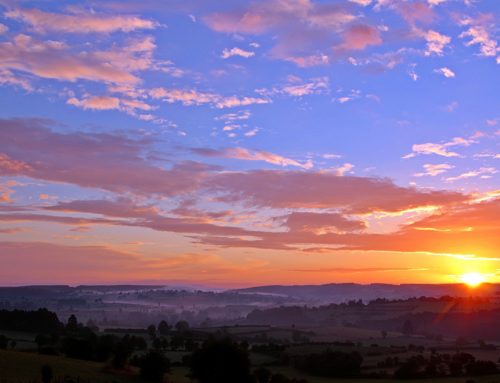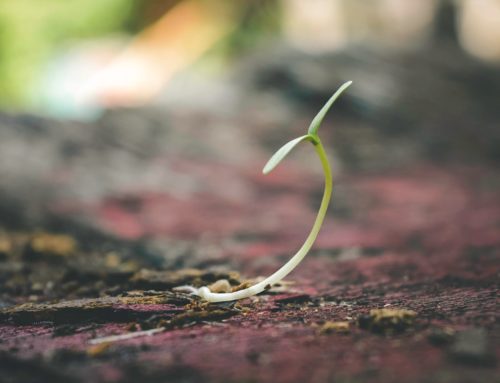Over ten years ago I was asked to travel to Vanuatu for the dedication of a church in the remote region of South West Bay, Malekula. The Church had been built over the previous 13 years by a local builder from the village of Lembinawen and the church was to be dedicated in memory of my parents who had been missionaries there in the 1950’s. My parents arrived in S.W. Bay just after a hurricane had flattened the village, and one of the first tasks my father took on was to re-design the village with the permission of the local chief. He did so by creating a village green at the centre where children could play, and community gatherings could take place.
Surrounding the green were the village huts and beyond them their kitchens and beyond them pit toilets. Previously villagers had just wandered off into the bush to make their toilet but this new pattern was both more convenient and sanitary.
It was a great privilege to meet one of the older members of that village who had been mentored by my father and who became a local pastor. As we talked together this old man told me about the things my father had taught him, and primary among those were basic patterns of hygiene. He had learnt to dig a pit toilet, to wash his hands, to pick up scraps of food around his house, and taught his children to do the same. These simple measures made all the difference to the health of the whole community. It took some time for people to change their usual patterns of behaviour, but everyone began to notice how much healthier everyone was.
One of the important messages we have been given by our health authorities during this Covid 19 pandemic is the importance of personal hygiene like washing our hands, wearing masks, cleaning surfaces etc. It may come as no surprise that health, wholeness and holiness all come from the same word and so are connected. Some say that it was John Wesley who coined the phrase ‘Cleanliness is next to Godliness’, but whether that’s true or not, Wesley drew his ideas from the ancient texts of the Bible. Most of us never read the book of Leviticus with all its rules and stipulations, but you might care to read chapters 14-15 which is all about washing our bodies, washing clothes, and cooking vessels, and even includes quarantining members of the community.
In Leviticus 14 we read: “The person to be cleansed must wash their clothes, shave off all their hair and bathe with water; then they will be ceremonially clean. After this they may come into the camp, but they must stay outside their tent for seven days. On the seventh day they must shave off all their hair; they must shave their head, their beard, their eyebrows and the rest of their hair. They must wash their clothes and bathe themselves with water, and they will be clean. Leviticus 14:8–9
These stipulations were set within the context of ritual purification, for example in the book of Exodus, Moses made a large bronze bowl which he placed at the entrance of the Tent of Meeting (their place of worship) which was used by those leading worship to wash before entering. These ritual practices flowed over into everyday life and had a profound impact on the health of the whole community. Many years ago I had the privilege of going to Egypt and Israel on a tour for clergy lead by a Jewish Rabbi. One of the places we went to in Cairo was an ancient Mosque, where the custom was to take off your shoes and wash in a communal wash stand before entering the place of worship. If you have ever entered a Catholic Church you will know that people dip their hands into a holy water stoop and make the sign of the cross as a reminder of their baptism, but behind that is the practice of ritual cleansing before entering a place of worship.
The Gospel of Mark begins with John the Baptist immersing people in the cold water of the Jordan as a sign of a new beginning. Isn’t it interesting that washing and becoming clean physically (even if only in ritual form) was so closely connected with holiness and that the impact was not just personal but had implications of wholeness for the whole community.
Recovering these ancient practices has been an important way of combating the Covid pandemic and they remind us of just how much we are connected with one another. Where our culture has been fiercely individualistic our faith teaches us that we are all children of God who need each other’s respect and care.
Peter
Photo by Samad Deldar from Pexels





